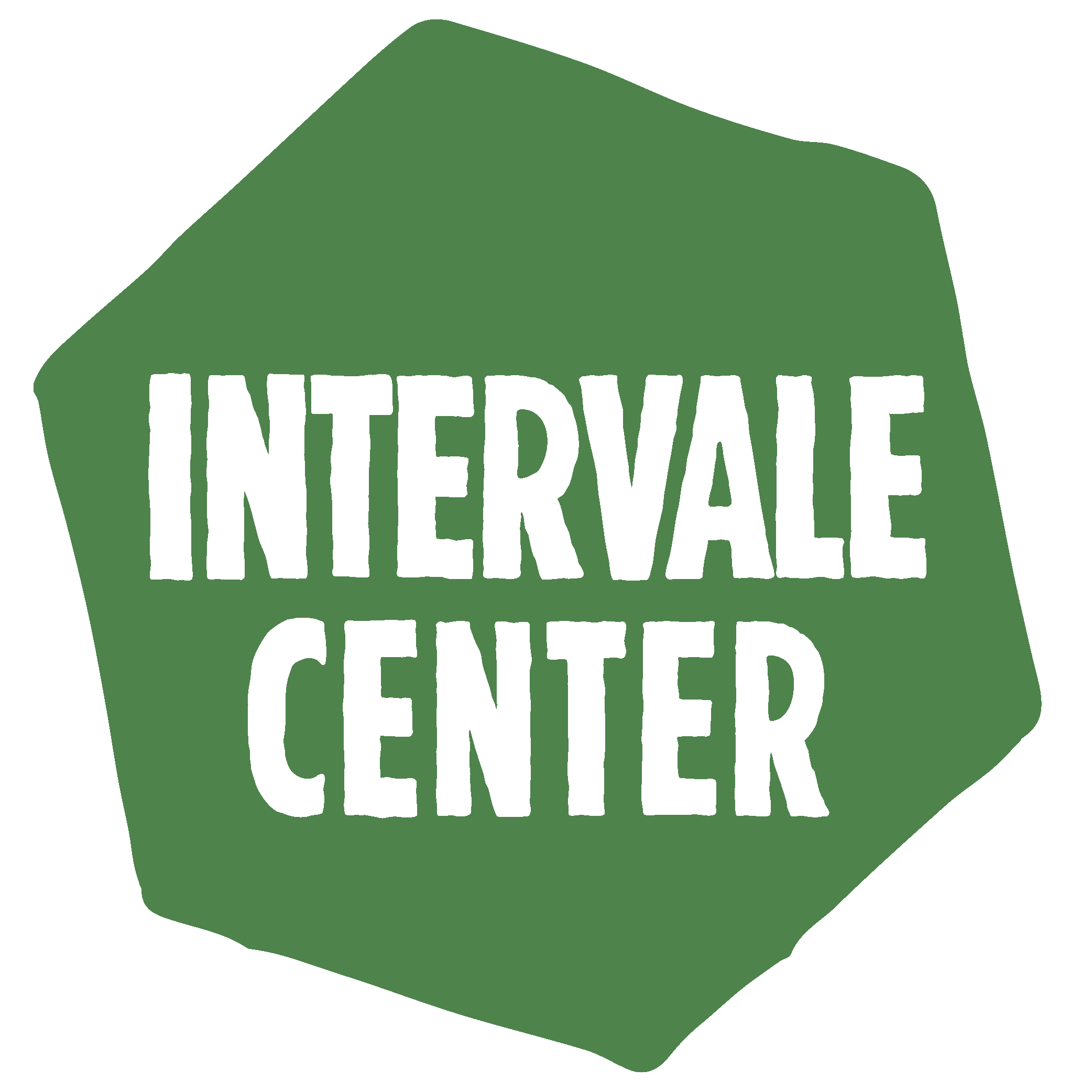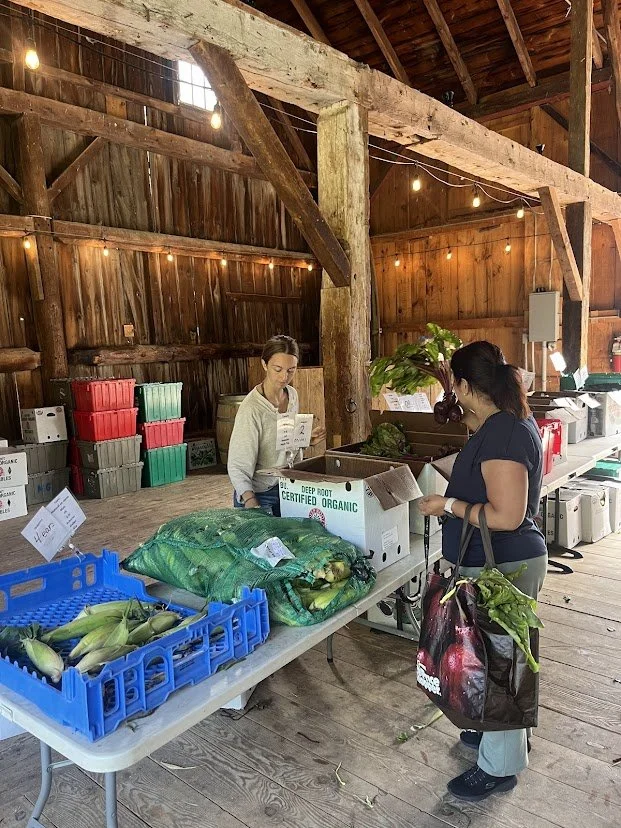Feeding Fair Share: Purchasing for Food Access Resilience
By April McIlwaine, Food Hub Operations & Outreach Coordinator
Starting in July, our Food Access team runs Fair Share—a low barrier CSA-style food distribution for about 300 families each Monday for 16 weeks. To fulfill this distribution, we need A LOT of food.
For many years, surplus crops from neighboring farms were the primary source of produce in our free Fair Share CSA. In a normal season, when farms and crops flourish, farmers often end up with extra produce in their fields that they are not planning to harvest. This can be for many reasons: the carrots look gnarled, the spinach is too big to be called “baby”, they might not have markets for a product, or they simply may not have time to harvest it all. The farmers and our Food Access team still want this fresh, nutritious food to be eaten, so we bring volunteers out to the field to harvest and then redistribute it to our community for free - this is a process known as gleaning.
The past few years in Vermont have brought a cascade of challenges to vulnerable communities and farmers alike. Many families still feel the financial effects of the pandemic, which were only exacerbated by the end of many pandemic-era assistance programs. Large-scale flooding events in the Intervale and across the state in 2023 and 2024 also greatly impacted farms and, with them, our ability to glean. To meet growing demand within the community and to remain climate resilient, our Food Access program has had to diversify its methods for food procurement.
In 2023, the Intervale Food Hub closed its retail program, decreasing its operations dramatically. Similarly, the Food Access program, which had been administering the pandemic-era Everyone Eats program, wound down those operations. With a shared warehouse facility and a common goal - to be a place where our community accesses fresh, locally grown and produced food - it was determined that the two programs should merge into one.
This shift allows our Food Access program to remain resilient by building on the established relationships and logistical processes that the Food Hub has built with farmers. For example, in 2024, our wholesale program had an existing purchasing plan to buy peppers weekly from Honey Field Farm for our UVM Sodexo kitchen customers utilizing Center for an Agricultural Economy’s Farm Connex delivery services. When the floods hit in July, our Food Access program was seeking donations to replace the loss of gleanable produce, and Honey Field offered to send donations alongside the orders we were already receiving. Their generous donations totaled 3,218 pounds of food, which for many weeks meant the difference between a scant Fair Share offering and a bountiful one.
With a changing climate and recent cuts to programs our farmers and community members rely on, our team is working to remain adaptive and responsive. The merge of our teams has been a reminder of the resilience found in collaboration, strong relationships, and the collective approach that is necessary to effectively further our food security vision. If you’d like to get involved with our Food Access work there are lots of opportunities to volunteer, both individually and as a group. Visit our Food Access page to learn more and sign up!


